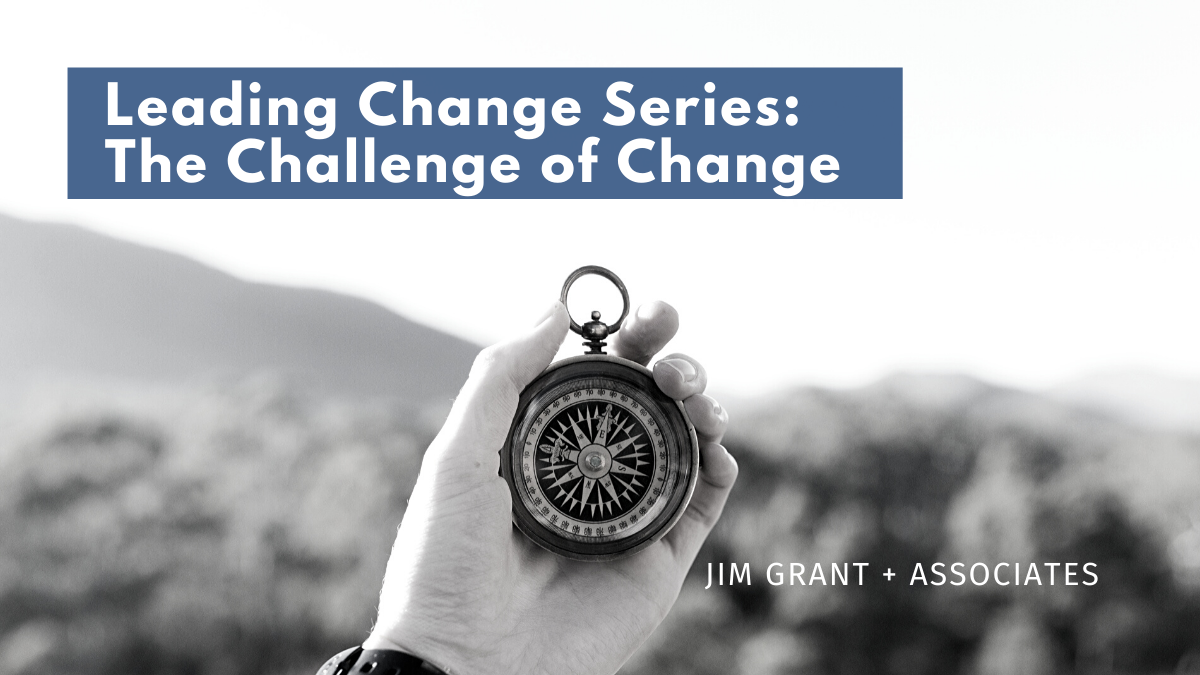The Challenge of Change.
“To exist is to change, to change is to mature,
to mature is to go on creating oneself endlessly.”
Henry Louis Bergson – French Scientist, philosopher and psychologist (1859 – 1941)
“Behaviour change happens mostly by speaking to people’s feelings.”
John Kotter – Harvard Business School.
Think about how would you respond in these situations?
- You have been involved in a difficult relationship at work, where unhelpful patterns of behaviour continue despite their obvious damaging effect on your working relationship, and even though you are both fully aware of the damage being done.
- You know that smoking causes debilitating illnesses and that excessive drinking does little for your liver, but you still smoke and drink too much.
- You have been prescribed a drug by your doctor, but you don’t take it, or get part-way through the treatment and stop taking it, even though you were clearly told that to do so would mean the drug will not be effective.
- You started a critical training course but did not comply with course requirements, even though such activity was essential to your career prospects.
- You determinedly decided to lose weight and take up exercise, yet a few weeks in you fell back into your old ways.
- You said to yourself that you would never be like your ex-boss or a parent, yet you find yourself doing some of the things that you said you would never do, or, more worrying, gradually taking on more characteristics and mannerisms of that boss or parent and, when pointed out, take offence and leap to denial.
- You have a choice to make behaviour change that might save your life. A trusted advisor (say your GP of 25 years), tells you that if you don’t lose weight quickly, dramatically lower your cholesterol and fatty liver and get a modicum of general fitness, your heart, already showing the early signs of angina, will give out. Could you and would you make that change when the consequences of failure are obvious, even potentially diabolic?
If any of these scenarios are familiar, then the
good news is that this is more the norm than the exception. These examples all point out the difficulty in changing one’s behaviour.
This is the challenge of change. To emphasise the point, though, let’s get a little more extreme.
Even in situations where
death might be around the corner,
changing habits is difficult.
Raphael Levey, founder of the Global Medical Forum, told an audience of IBM executives in November 2007 that the odds of making such change are poor. In fact, 90% of people will not comply with life-saving medical advice. Dr Edward Miller, the dean of the medical school and CEO of the hospital at Johns Hopkins University has said that, after coronary bypass, surgery patients could avoid the return of pain and the need to repeat the surgery, not to mention arrest the course of their disease before it kills them, by switching to healthier lifestyles. For a few weeks after their near-death experience, people are scared and will do what they were advised to do, but they soon park the fear and revert to their old ways. Only 10% change their lifestyle long-term.
Changing behaviour is not just a health-care challenge. Most of us struggle to make the sorts of changes we need to. Just gathering information matters but is insufficient. We also need to bring in psychology, feelings and thoughts, which are too often ignored.
In making change, it seems that
frames of mind are better than facts. Neuroscience tells us that change does not occur simply because someone tells us the facts. For us to make sense of them, they have to fit what is already in the synapses of the brain, or they go in and then go right back out, effectively unheard or accepted as facts.
The good news is that, while neuroscientists used to believe that the brain became ‘hard-wired’ early in life and could not change later on, now researchers such as Dr Michael Merzenich, a professor at the University of California at San Francisco, say that the brain’s ability to change – its ‘plasticity’ – is life-long.
This is hugely encouraging because life’s experiences tell us that change is inevitable: we see this in our relationships, hobbies and interests, points of view, our bodies, the things we own and the memories we have. Yet, intentionally changing behaviour is so complex as to warrant its separation from the normal ebb and flow of life’s circumstances.
The role of a leader or coach in the challenge of change.
Making specific changes, such as becoming more competent, or thinking, feeling, relating and deciding differently, is not easy. These changes are the playground of the
coach at work,
influencing changes in the behaviour of the coachee. Whether you are coaching for aspiration, inspiration or solving a problem, the core objective is to facilitate change. Importantly, effective coaches believe that people can and do change. Shifts in behaviour, moods, thoughts, self-image and skills are all possible. Sometimes change is natural, sometimes designed.
Your role as coach is to facilitate the latter; it is intentional in nature.
Overcoming the challenge of change will be explored in more detail throughout our Leading Change series.



Hi Jim
Looking forward to learning more. One thing I find both interesting and challenging is the ability effectively coach others around change and yet struggle with making change in your own life, and how to reconcile this with being authentic.
Stephanie